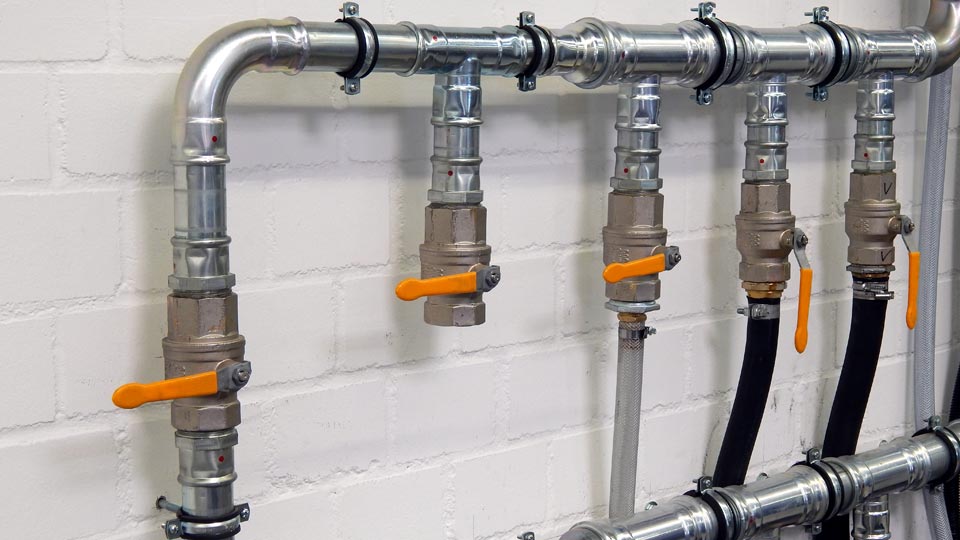If you are responsible for the facilities in an industrial building, you will need to have a number of experts that you can contact for maintenance, repairs and so forth. And your building’s plumbing is no exception – you will need a qualified industrial plumber to help you keep your building’s plumbing system operating as it should.
But what exactly does an industrial plumber do and how is what they do differently from what a residential plumber does? The fact is that while both types of plumbers deal with water systems, pipes, toilets, etc., there is quite a big difference in the levels of expertise between a residential and an industrial plumber.
An industrial plumber must have a deep understanding of more complex architecture
Industrial plumbing can be quite complex. Industrial plumbers often work in buildings that have multiple floors and dozens (or more) toilets and sinks such as factories, power plants, industrial facilities, hospitals, and schools. Hundreds of people may be using the building every day or the building could be a factory that recycles its water or that requires specialized drainage systems. This means there is much more potential for surprises – and damage – than there is in residential buildings.
Industrial plumbers work with high-grade fixtures and materials
Buildings such as factories, office buildings, etc. use a lot more water than your home does. As a result, these types of buildings need to have higher grade pipes, valves and fixtures to handle the usage. Think about your toilets at home – you probably aren’t flushing them hundreds of times a day – at least we hope you aren’t! But a toilet in an industrial building might be flushed that often – so it needs to be heavy duty.
Industrial plumbers work specialized equipment
As you can imagine, it is considerably more difficult for water to travel through a twenty-story building than it is for water to move through a two-story home. Industrial plumbers understand this and work with specialized equipment designed for industrial plumbing. For example, they may install a booster pump to help water travel efficiently to multiple floors. Or they may need to use a technique called hydro-jetting to blast through a blockage that would not be reachable with the equipment used by residential plumbers.
Industrial plumbers understand environmental regulations
Depending on the type of industry that you are in, you may have to follow very strict environmental regulations when it comes to water treatment, recycling and disposal. Industrial plumbers are familiar with how to keep your company operating to code using the appropriate technologies for water treatment, drainage, etc.
Even with regular plumbing for your facilities, Industrial plumbers are responsible for ensuring that the plumbing systems in these facilities are functioning properly and meeting all relevant health and safety standards.
By working with a qualified industrial plumber to perform regular maintenance as well as any necessary repairs in your industrial building, you can have confidence that the plumbing systems will continue to run smoothly.
If you have further questions about industrial plumbing, or you require an industrial plumber for your building, contact Wentworth Plumbing today.

